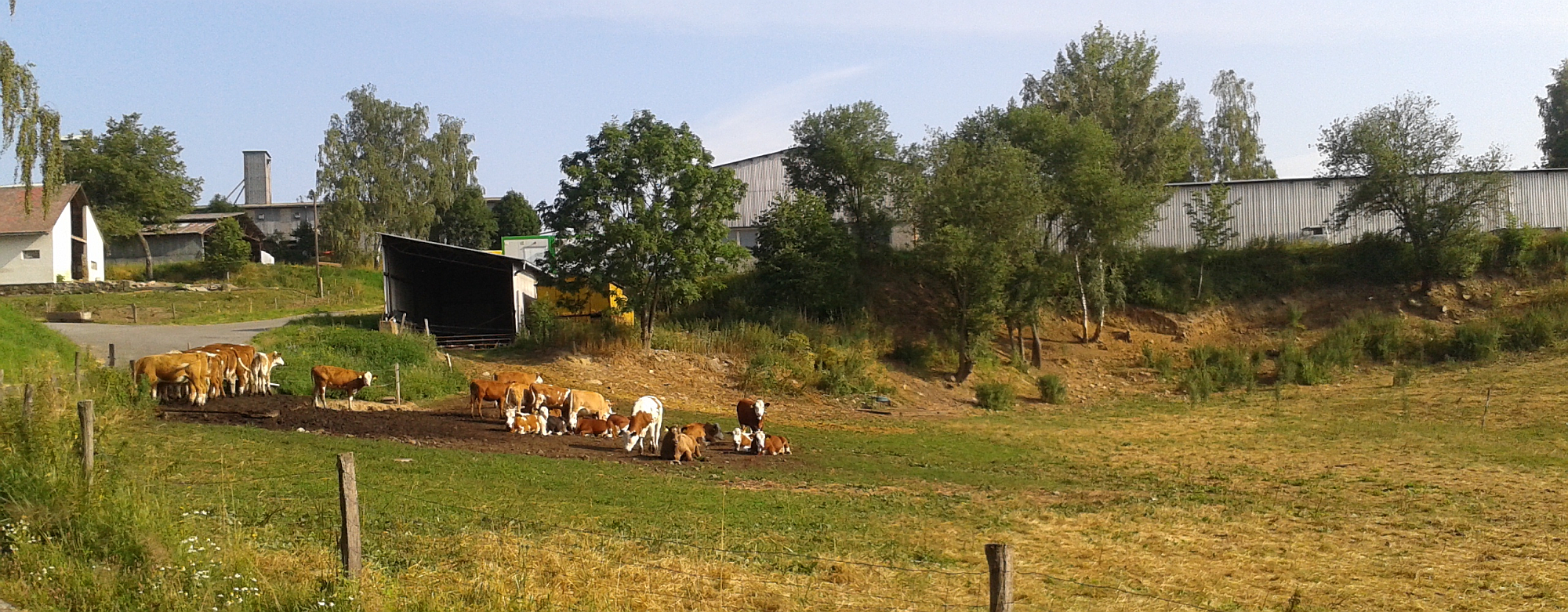
Further research needs: There is a lot of scope and potential for research and innovation in the field of agro-ecological transitions. What are the future research needs that we encountered during the continuous multi-actor discussions?
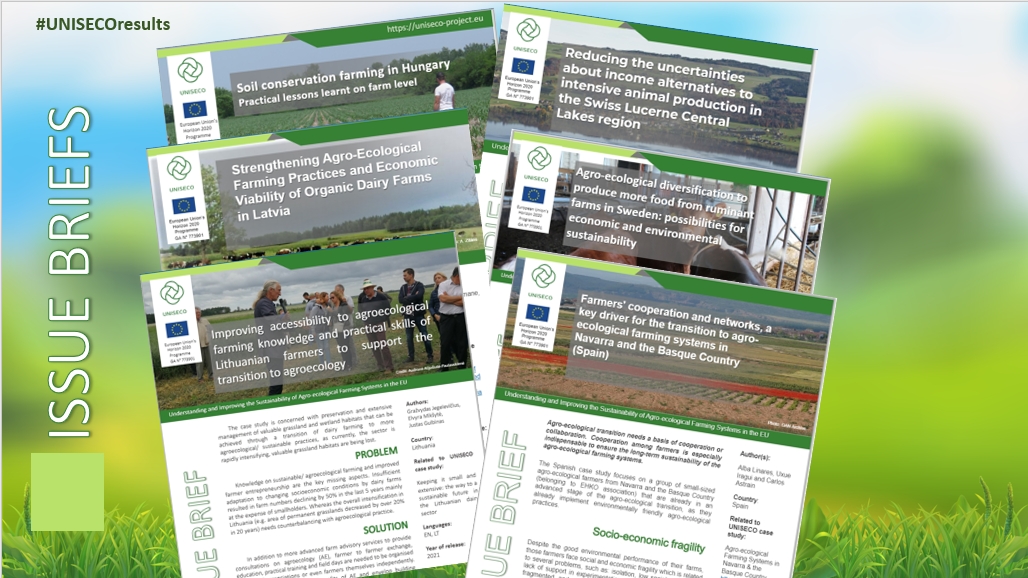
Tools from UNISECO: Practice briefs - UNISECO has also produced a series of recommendations for practitioners and policy makers to identify issues and promote good practices.

Tools from UNISECO: Socio-Ecological System Interaction Tool (SESSIT) focuses on the dilemma of sustainable food production and communicates agro-ecological solutions between farmers and with other people interested in food production.
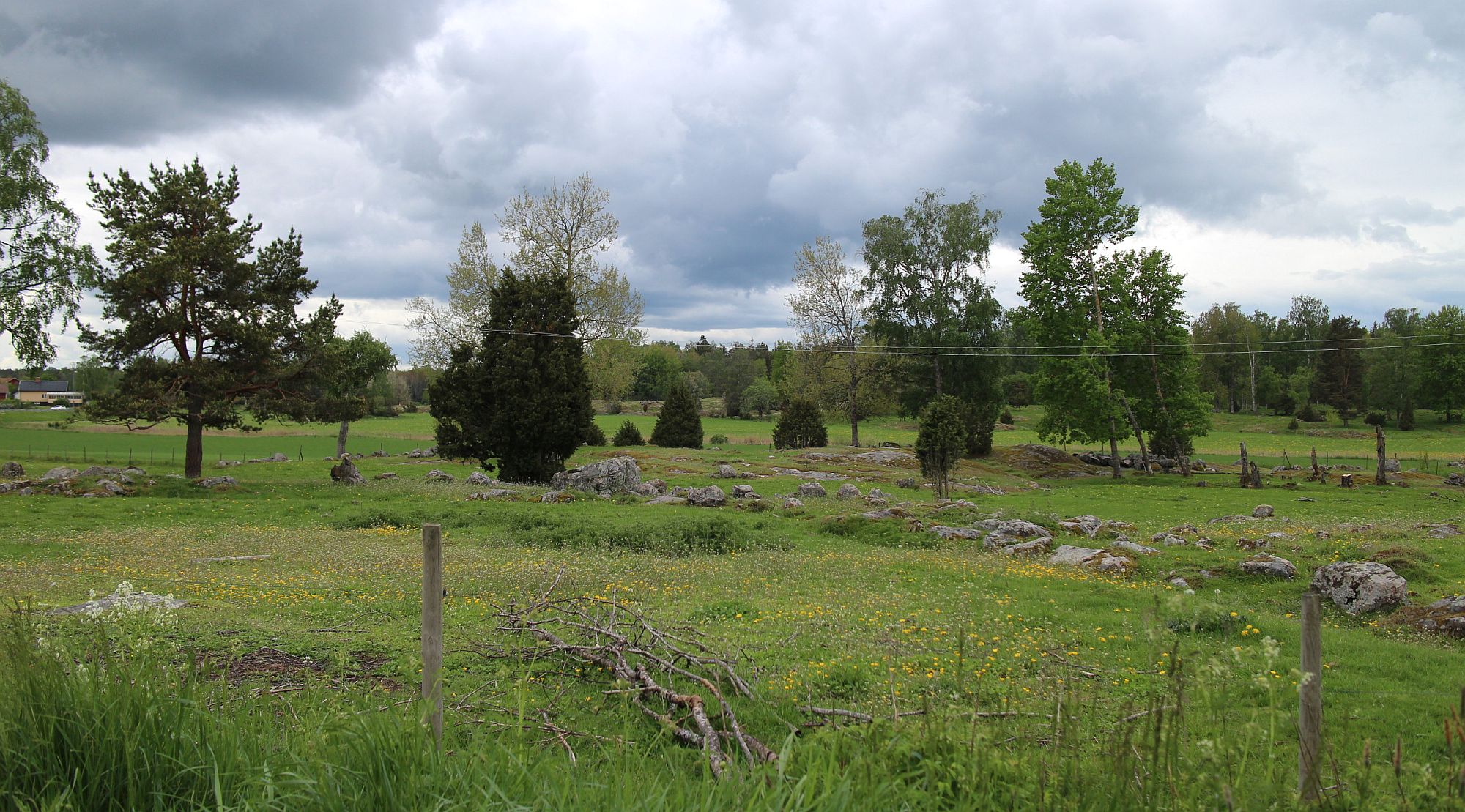
Tools from UNISECO: The methodological factsheets offer actors from science, practice and policy guidelines for applying different methodologies when developing strategies for agro-ecological transitions in co-constructive settings.
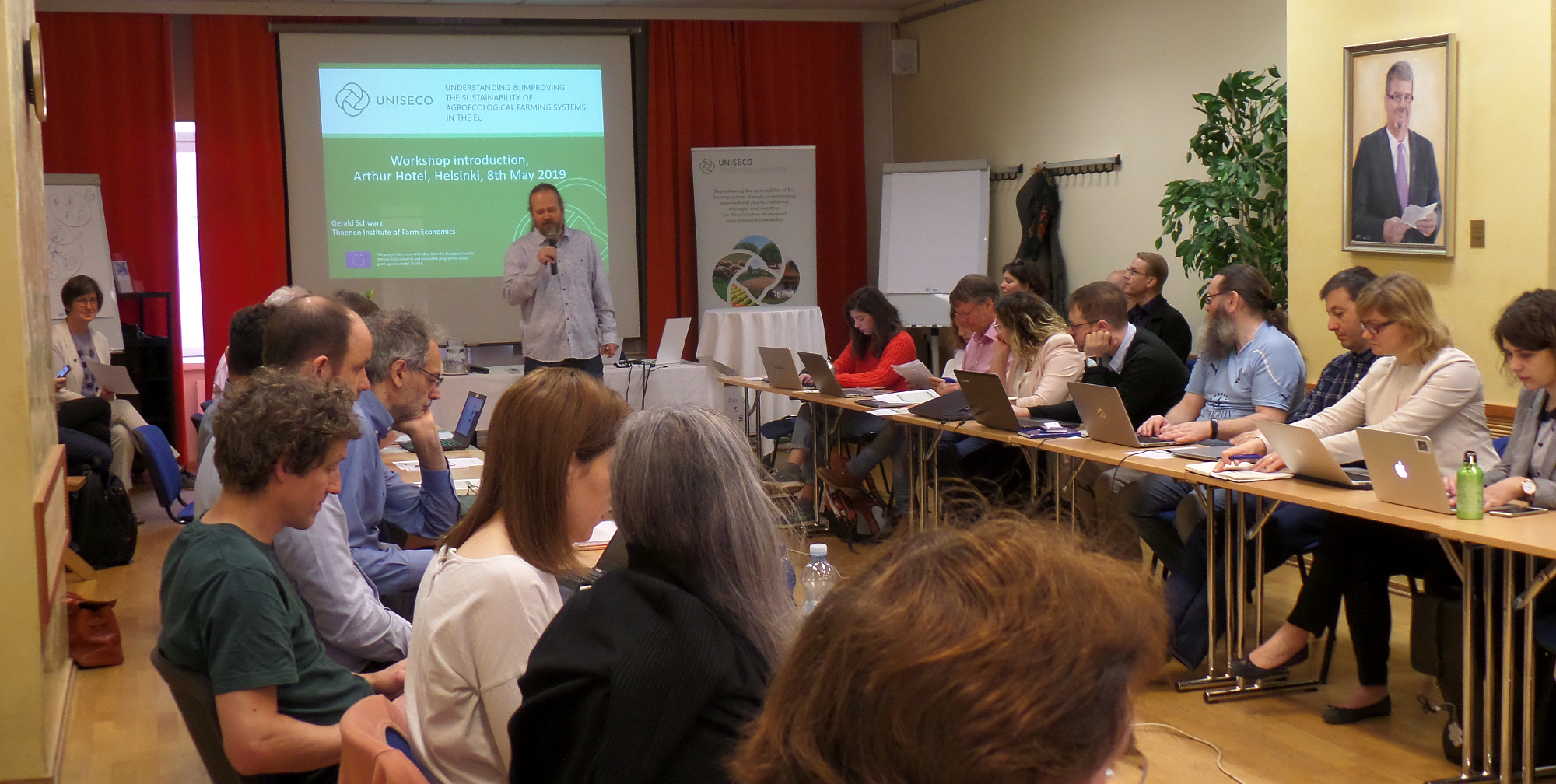
Transdisciplinary Multi-actor platforms: MAPs have been a core part of the transdisciplinary approach in UNISECO. The MAPs and research consortium, across disciplinary boundaries and non-academic organisations, form an integrative transdisciplinary framework.
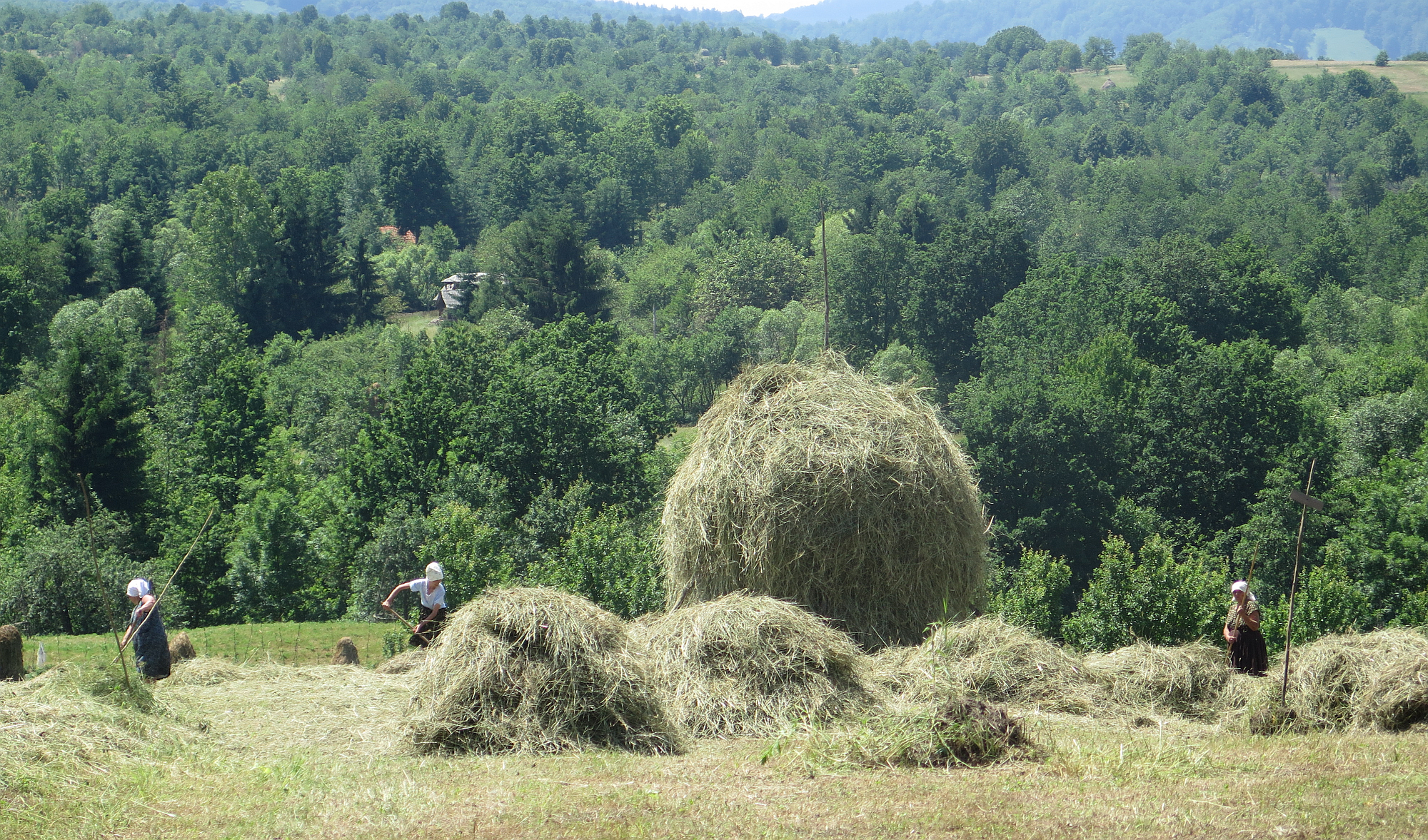
Science-policy interaction: The UNISECO project results are intended to contribute to the implementation of the EU Farm to Fork Strategy, Biodiversity Strategy for 2030, the preparations of the European R&I partnership on agroecology living labs and research infrastructures, and the national CAP Strategic Plans.
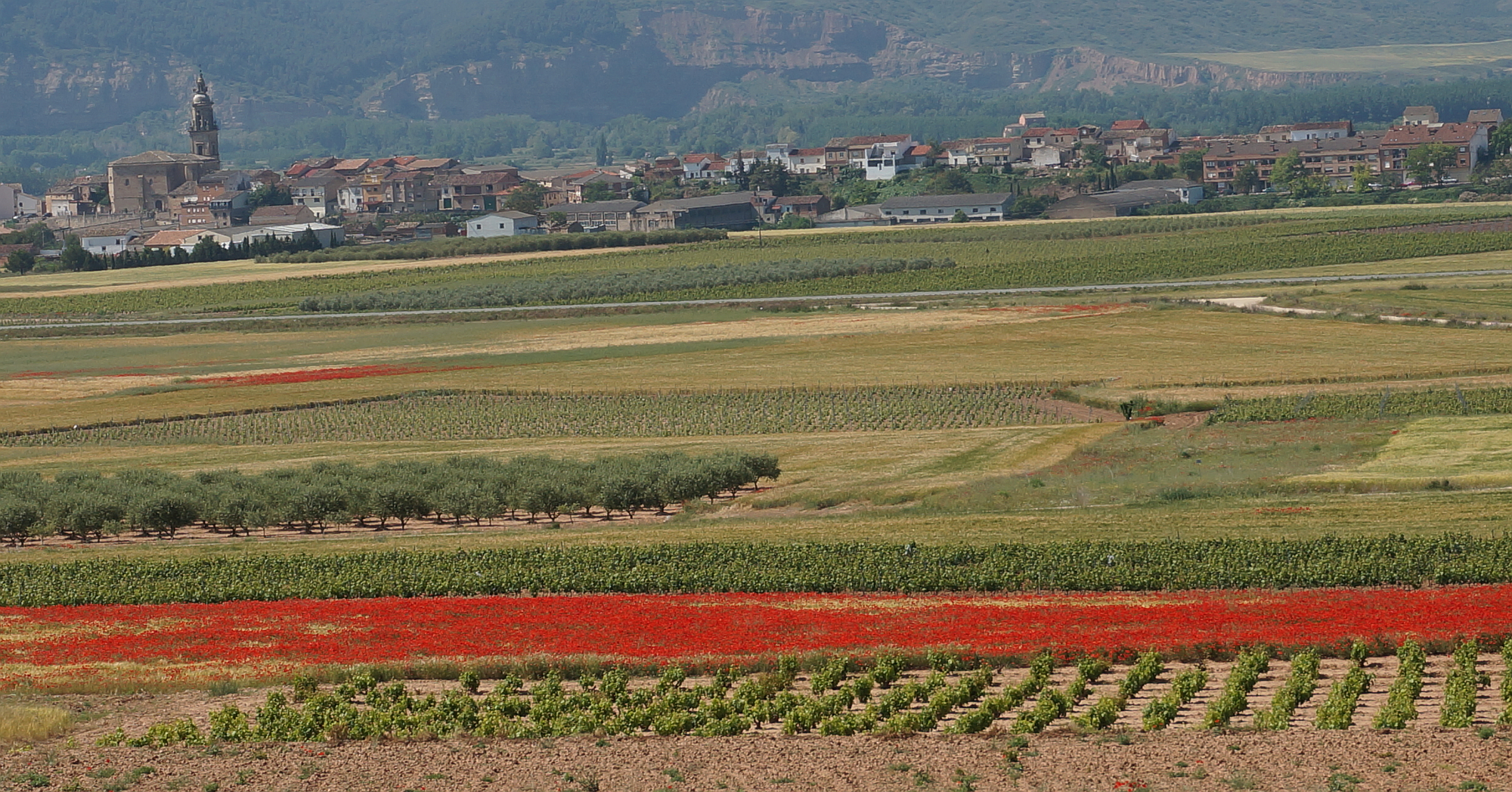
Market and policy incentives: Our findings highlighted that the existing market and policy incentives such as agri-environmental schemes and support for advisory services have positive effects on the decisions of farmers to adopt more ecological practices and motivate farmers to initiate or continue the transition. What are the key positive factors identified?
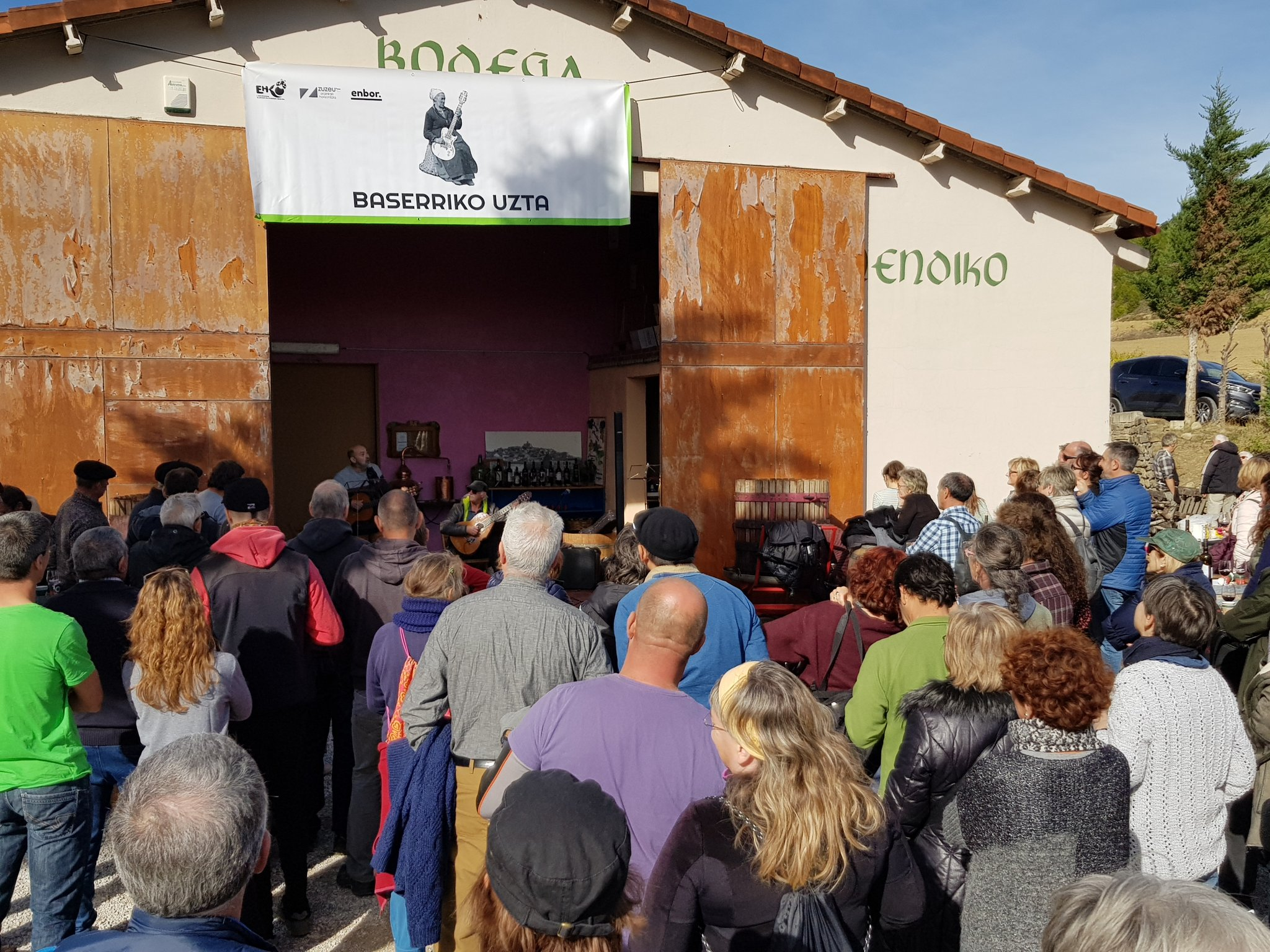
Networks of actors and governance systems in agro-ecological transitions: One of the key aspects developed in the socio-ecological systems framework is the analysis of the social system. It is composed of two sub-systems: the network of actors involved and the governance systems that influence the actions undertaken by the actors.
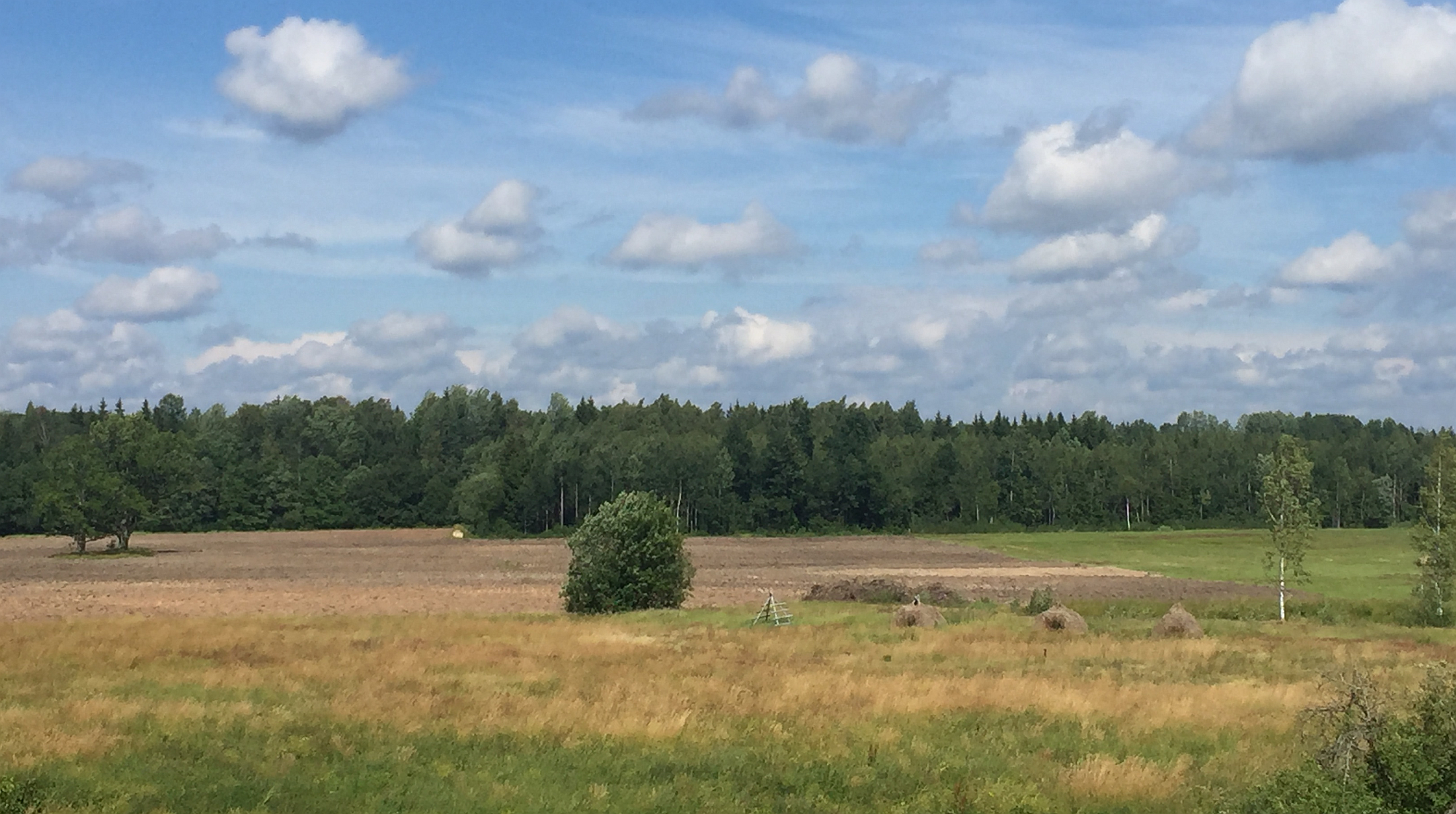
Socio-ecological systems framework for agro-ecological transitions: To analyse the transition of farming systems, in UNISECO we adapted the theoretical framework of socio-ecological systems (SES) developed by Ostrom. This framework provides a holistic approach to integrating both the natural and the social aspects when analysing a complex situation or problem.
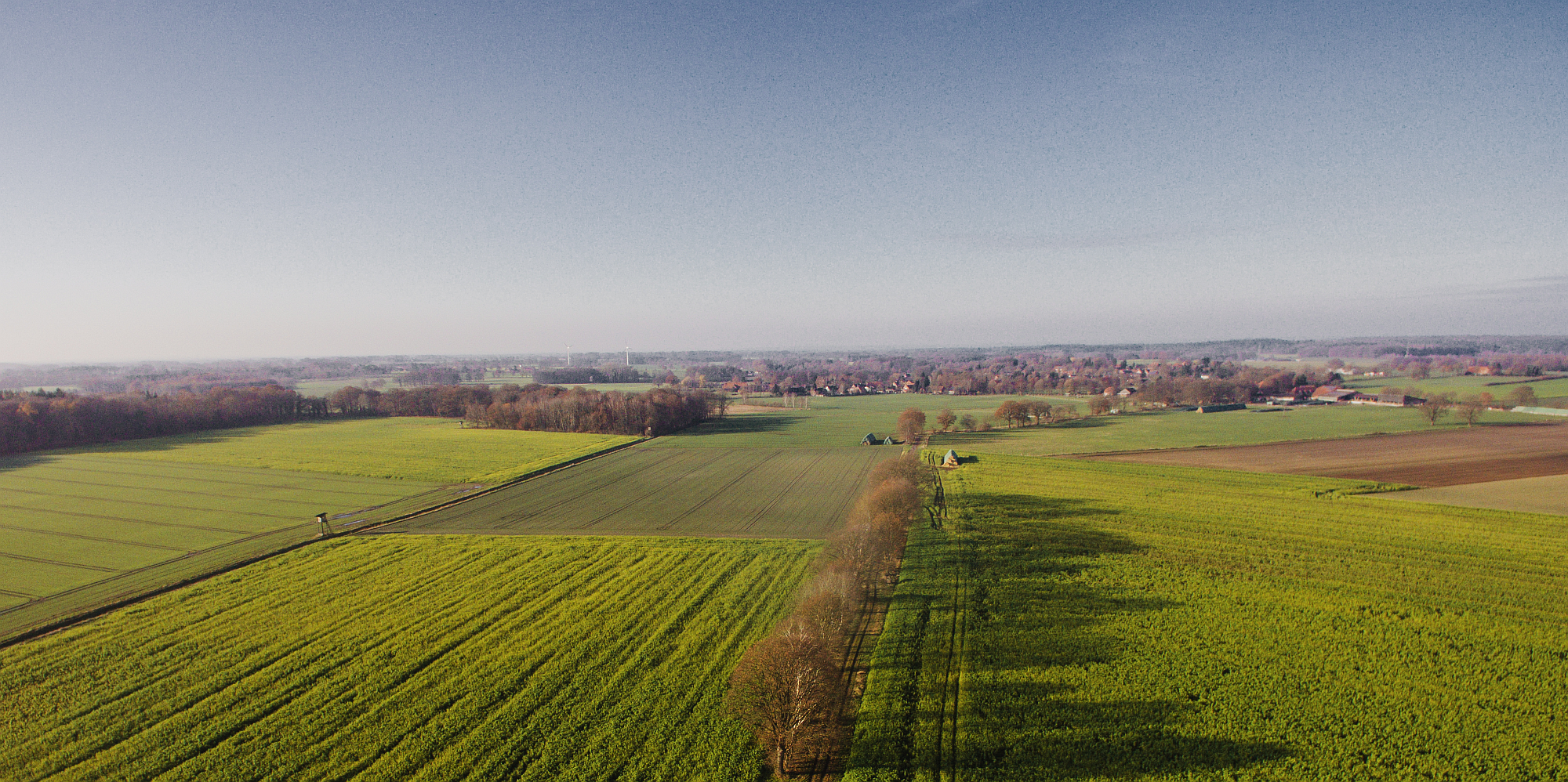
Territorial sustainability impacts of agro-ecological transitions: We assessed the territorial impact of agro-ecological farming practices and food systems transformation in the EU in 2050.
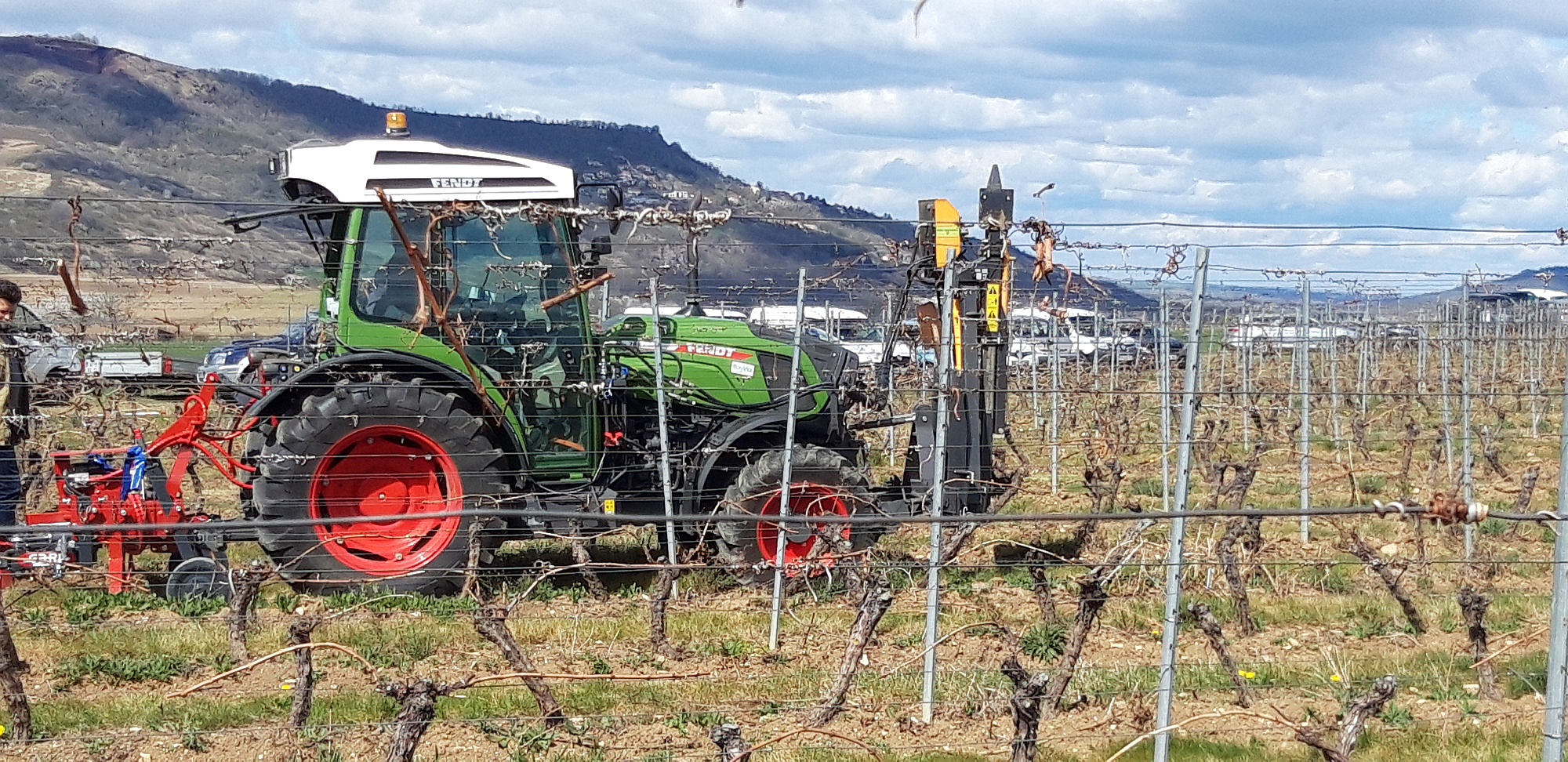
Agro-ecological transitions: farm-level strategies: All the 15 UNISECO Case Studies contain a key dilemma associated with the transition to agro-ecological farming systems. Explore the different scopes and topics our case studies cover.
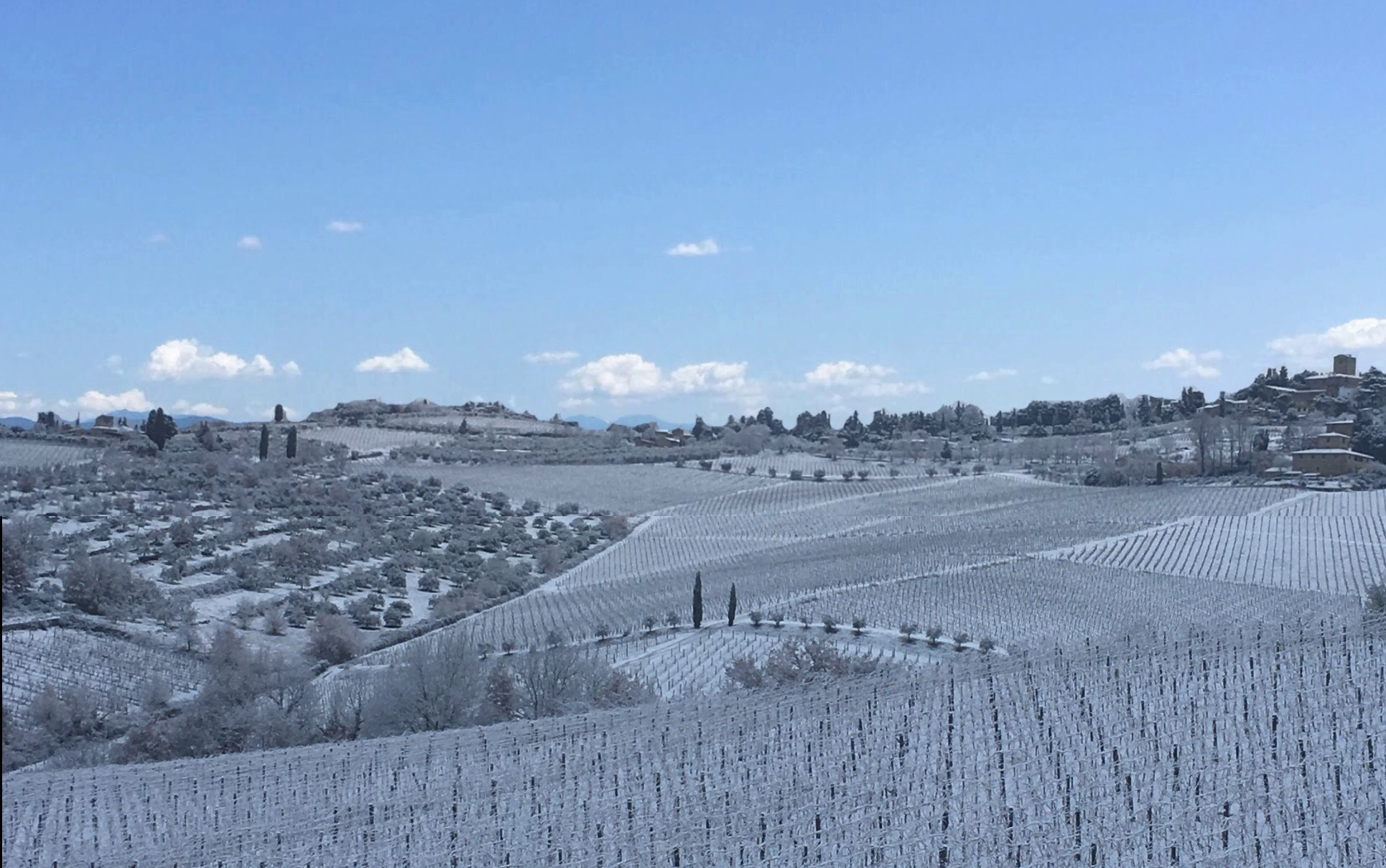
Definition of agro-ecology and typology of agro-ecological farming systems: In UNISECO we developed a typology of agro-ecological farming systems and practices encompassing different implementation scales of such practices at field, farming systems and landscape levels.
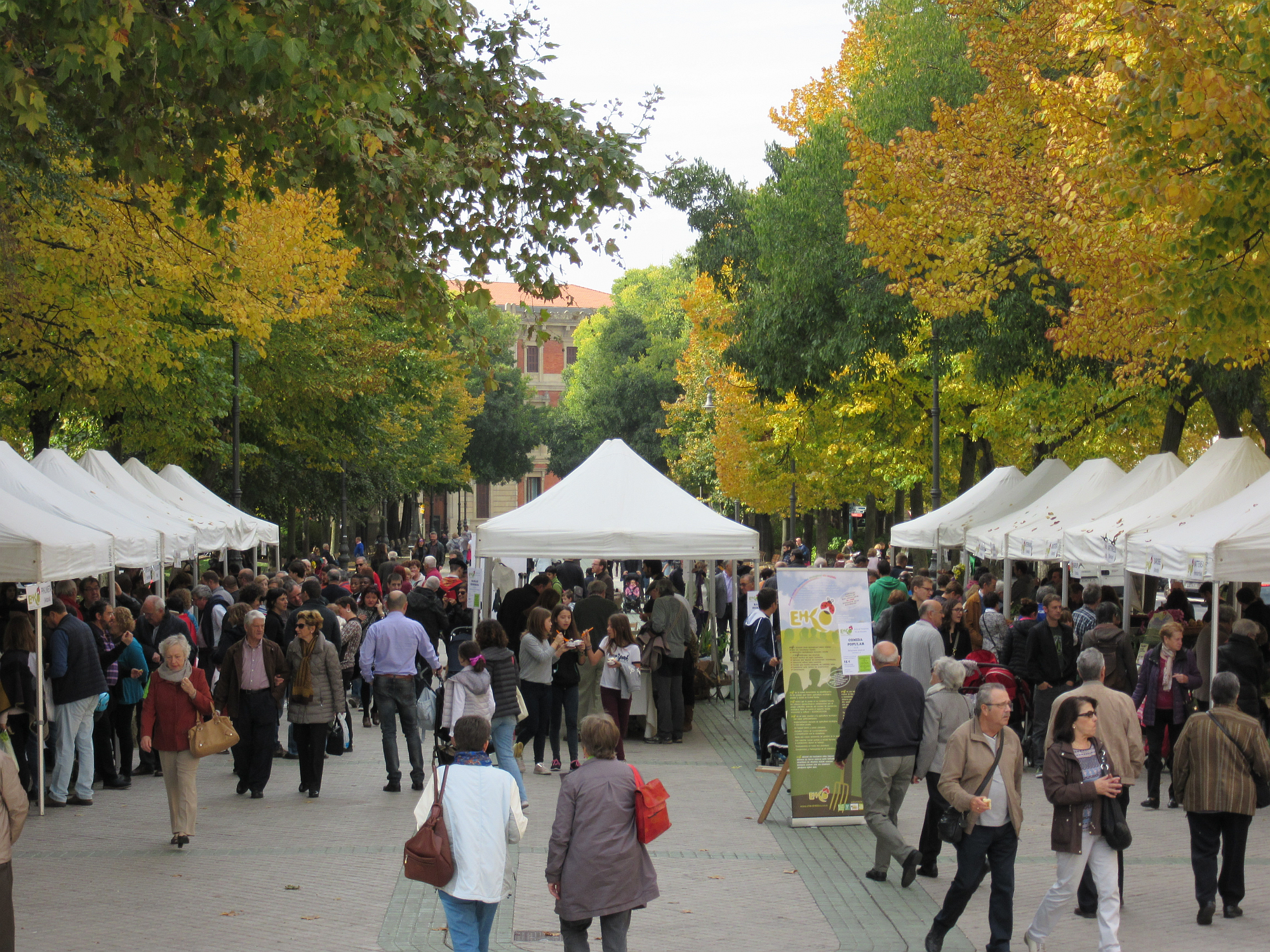
Science has a role in contributing with knowledge to environmental and sustainability education, and translating new advancements into messages in the specific language of various actors, to assist policy and value chain actors including consumers in the transition towards sustainable food systems.
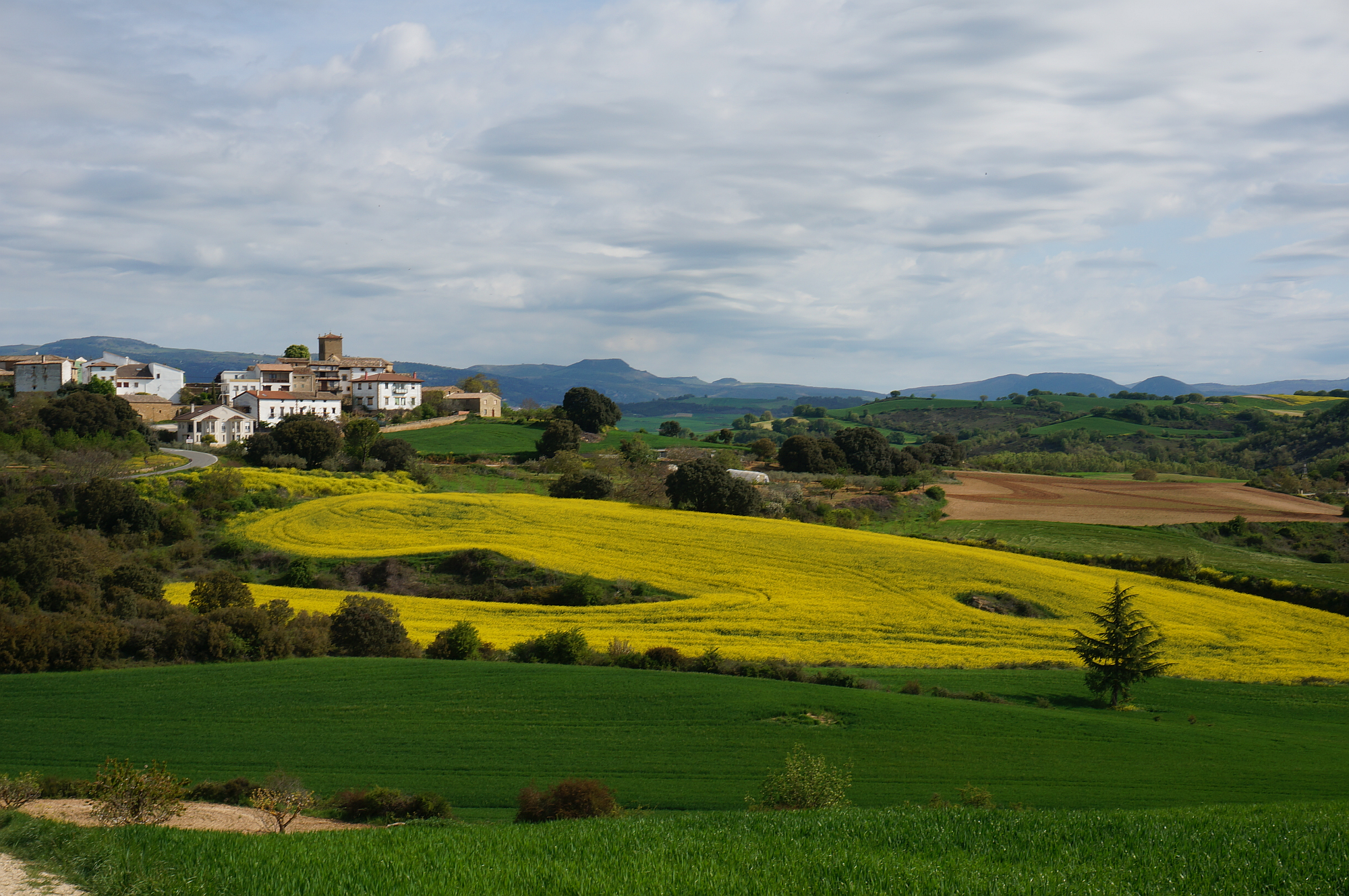
How can combining research, practice, and policy in a systematic approach contribute to strengthening the implementation of European policies on sustainable agro-ecological farming whilst solving societal challenges?
Contact us
If you have any questions or suggestions please contact us:
Dr. Gerald Schwarz
Thünen-Institute of Farm Economics
email gerald.schwarz@thuenen.de